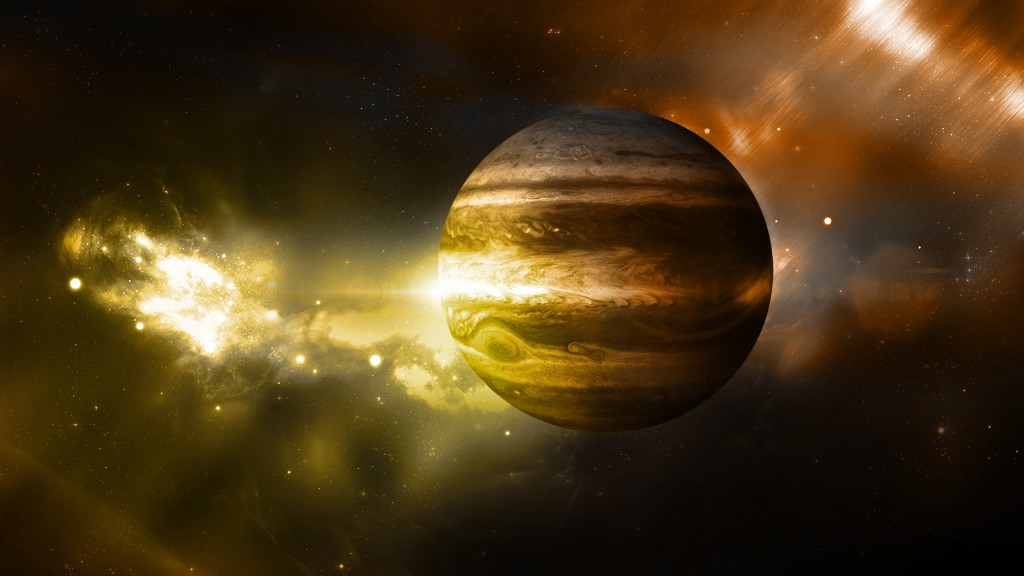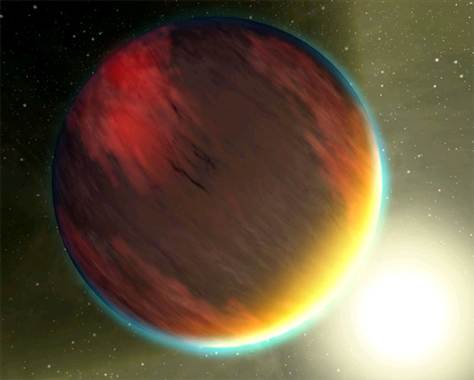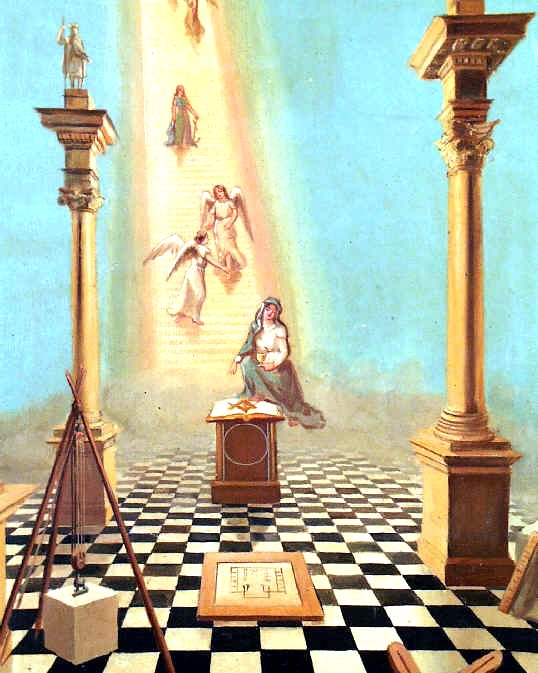The physical universe is therefore the body of Jupiter, Jehovah, Osiris, or Shiva. — Manly P. Hall
The Jews are followers of the almighty God YHWH (Yahweh) who in Latin is called Jehovah. Diodorus Siculus had said that “among the Jews (Phoenicians and Greek Hellenes) they relate that Moses called the God Iao or Iah and Jah of the Hebrews.”
These various spellings for the name of God can be found all over the world such as “Ya, Yah, Ion, Iona, Ianus, Jan, Janus, Jah, Zeus, and Jupiter Amon” to name a few. The sons of the God Jupiter are known by name like “Elijah, Job, John, Jonas, Moses, Esus, Hesus, and Jesus.”
In the book Celtic Druids by Sir Godfrey Higgins explains how this name is for Jupiter in every nation upon earth, and how it has changed several times over the last few thousand years. The reason for these various spellings is due to the many different languages and also the various countries that you will find this name. Higgins had written;
“The original of the word Jehovah or Ieue was Ie or Ieu, not Iao, or Ian»: the Greek omega, (0, is a modern corruption, that is, comparatively modern. we constantly read of the words the Aleim, but in N0 instance do we find the Ieue or the Jehovah. The reason is the last letter is emphatic, and thus the sacred tetragrammaton might be rendered the Ieu. VP Ieu, is Jah; fi—‘li’l‘ Ieu—e, is the Jah.‘ Hence, as I said before, comes Father, Zeus, Jeu, or Jupiter in every nation upon earth.
In the course of thousands of years, and during its passage through various countries and languages, it is not surprising that the van should have changed into the 0 or the m, but Mr. Middleton states, that the Gaelic no is equivalent to the Greek upsilon. Thus, in fact, there seems to be no real change, but it continues as nearly the same as the two languages will admit); _
Iona was derived from the God hi Ie, and the on of Egypt; these the Romans Latinized, and thus made the oldest of all their Gods, Janus or Jonas. It is very evident that, respecting this double or often four-faced God, Cicero and all the Romans were ridiculously ignorant. He was Etruscan, and the oldest of Italy, and that was all they knew about him. If they had followed the advice of Plato they might, perhaps, have discovered him. They would have found him amongst the Hyperboreans or Barbarians, their ancestors, and the teachers of all the science that they knew.
Of this God, Vallencey says, “Ian, Ianus; Pater Tuscorum Deus omnium primus; Irish Ionn, Jehovah, dominus, the Almighty God ; this word has been admitted in the same sense by the Gomerian Welsh. In the Basque, Ioun, Iauna, God, Lord. In the Sclavonic, Iunak, a hero (Ir. Aonach) Ionn the head, the upper part. (Shaw.) This Word is often written am: by the modern Irish, 00 and 2’0 having the same sound. If I mistake not, the Irish name of Wednesday, viz., cad-oon, or dia cadiononn the holy day of Ionn, was so named from the worship to the Omnipotent God, assigned on that day. Ionn was the same as Baal or Belus, with the heathen Irish, and this accounts for Janus being esteemed the same as Apollo by the Romans. (See MACROBIUS, Sat. i. 9.)
Some undertake, says he, to prove Janus to be the sun, and that he is represented double, as being master of both gates of heaven, because he opens the day when he rises, and shuts it when he sets. His statues are marked on the right hand with the number 800, and on the left 65, to signify the measure of the year. Cicero says in his third book of Etymologies, that Cornificius calls him not Janus, but Eanus.* In the ancient poems of the Salii, he is styled the God of Gods. He is drawn with a key and a rod. He has twelve altars, one for each month of the year.
Marcus Messala, Consul and Augur 55 years, begins his discourse upon Janus thus: ‘ He who forms and governs all, united together the nature of water and earth, which by their gravity always tend downward, to that of the fire and spirit, which by their lightness mount nimny upwards, and these he has confined to the heavens: and to these heavens he has annexed such an attractive force as unites and binds together different natures and qualities.’ This passage of Macrobius is good authority for the Scythian deity IONN being the same as the Etruscan IANUS or EA NUS, which was his name, and not Janus.”

Moe is the founder of GnosticWarrior.com. He is a father, husband, author, martial arts black belt, and an expert in Gnosticism, the occult, and esotericism.



![How Egbert, a holy man of the English nation, led a monastic life in Ireland [664 A.D.] | Book 3 | Chapter 27 How Egbert, a holy man of the English nation, led a monastic life in Ireland [664 A.D.] | Book 3 | Chapter 27](https://www.gnosticwarrior.com/wp-content/plugins/contextual-related-posts/default.png)